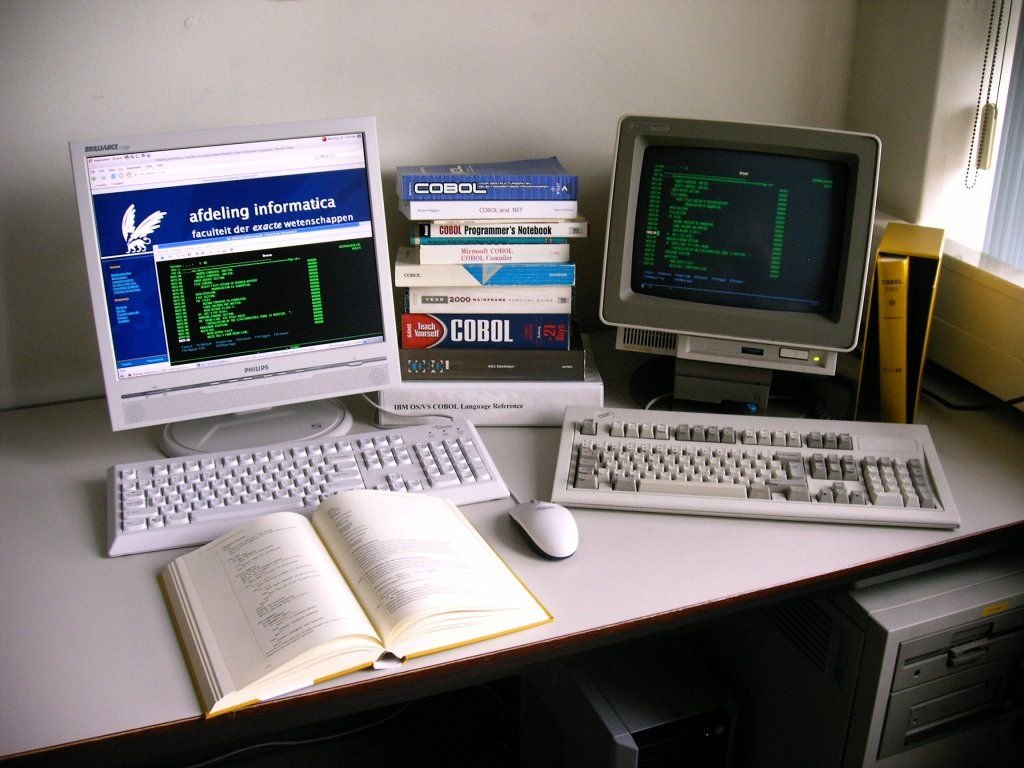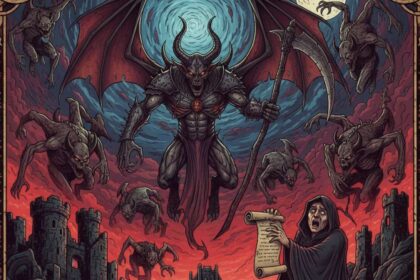Programmer

Bill Hinshaw is an ordinary 75-year-old man who retired many years ago. He has 32 grandsons and great-grandson, so you can think that Hinshaw is busy with his descendants. Perhaps, he pays a lot of time for his family, but he has another occupation – the pensioner leads a fairly large company that manages systems on COBOL, a programming language 60 years ago.
He himself is an up-to-date programmer who started working in his specialty in the 60s of the last century. Then computers occupied whole rooms, and data had to be entered on punch cards. But COBOL is still used, the importance of this language can not be underestimated.
Yes, it was replaced in many areas by new programming languages, Java, C, Python. But the hardware and software platforms, developed then, are working now. Of course, they are modified and quite in line with the spirit of the times, but the basis has remained the same. In the US, for example, the financial sphere largely depends on such systems that were created in the 70’s and 80’s. Here is a small infographics that can surprise many.

The principle “works – do not touch” was well known then, they use it even now. That is, if there is some system for managing financial transactions, which works well, why change it? So many leaders believe, and they are probably right. The only drawback of such systems is that sometimes they fail.
But modern specialists who can fix something that works on Cobol can be counted on their fingers. But COBOL still provides transactions for the amount of more than $ 3 billion a day. This amount includes operations with accounts, life insurance, credit services, ATM work. Just a few seconds of downtime of any hub system on COBOL can cost the business many millions of dollars.
After Hinshaw retired, he often received proposals from banks and other organizations. The meaning of the proposals is to fix what has broken in any of the COBOL-systems. The retired programmer originally wanted to take a break from the work of the righteous, but then decided to start again, organizing his own company, which deals exclusively with COBOL. In this he is helped by a couple of dozen experts.
The company, called COBOL Cowboys, invited several more programmers to retire, as well as several “young employees”, whose age is 40-50 years. The company is working very well, because an experienced COBOL programmer can freely receive from $ 100 per hour. In the near future, the “cowboys” will have a lot of work, since no one is going to refuse from COBOL and old systems.

One of the ex-managers of Barclays PLC told that in the financial sphere there are many computer systems that I would like to modernize. But this is fraught with difficult problems that few people want to solve. “These are complex complex problems. Systems of different generations can be extremely difficult to reconcile or update, “says Anthony Jenkins, formerly executive director of Barclays PLC.
So, if a bank has several million customers, and the work of their accounts depends on COBOL, few people decide to change the existing order of things. And why, if everything works? “A programming language can not be bad just because it’s 50 years old,” says Donna Dilliberger, a mainframe specialist working for COBOL. Hinshaw also agrees with him, he tells that many systems written by him dozens of years ago are still used by banks.
Of course, this can not go on forever, banks and other organizations gradually replace old systems with new ones . For example, one of the largest banks in Australia did this. True, the transition from COBOL and old hardware platforms to new ones took four years and $ 749.9 million
But for many years specialists with experience at the age will have a lot of work. For example, one of the COBOL programmers was fired in 2012. In his place took a young man with ambition. Two years later, a specialist who was fired by the bank, then a pensioner, started work again on the bank, having obtained a profitable contract. The newcomer could not cope with the software and hardware complex of the bank and had to call to the aid of the old guard.
Well, COBOL Cowboys, as far as can be judged, will receive profitable offers for many more years.









